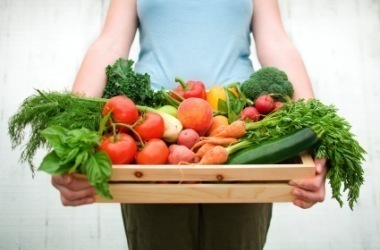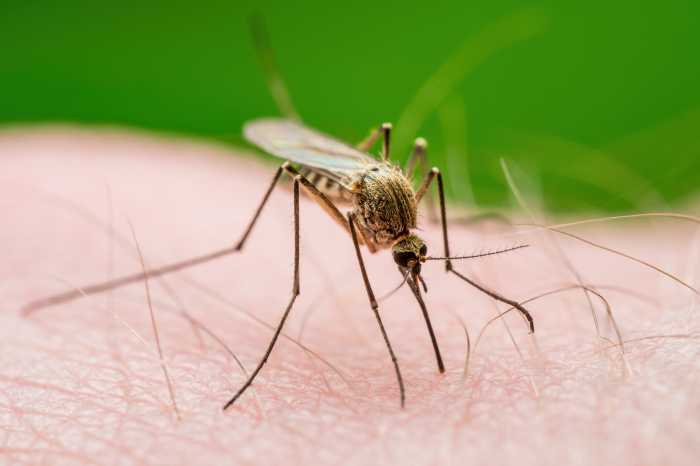BY CHRISTOPHER HASSETT | I am continually tired and “foggy” in the head. I drag through the day and find it difficult to do anything beyond what is absolutely required of me. How does the food I eat affect my energy and my awareness?
— Monica, West Village
Your question is pointed in exactly the right area. Food is indeed the critical element in both sustaining our energy and maintaining a clean and ongoing awareness throughout the day. In that sense, if you were to begin with a single change to your daily routine, I would strongly encourage you to take stock of what you eat.
The first step could be that you write down everything you put into your mouth from the moment you wake up to the moment you go to bed. For instance, “This morning I woke up tired. I ate a small breakfast of toast and a protein drink. I drank a coffee on my way to work. On my break, just beginning to feel alive, I had another large coffee and ate a bag of chips. For lunch I ordered a salad with a large packet of ranch dressing. Smoked a cigarette to clear my head. Later in the afternoon, exhausted and ready to plunge into a sleep, I had a nutritional bar with a Coke… .”
This is a powerful method of journaling since it not only documents what you’re putting into your body each day, it also charts your various moods, energy cycles and attitudes throughout the day. As it relates to food specifically, if you’re observing that what goes into your body is primarily packaged foods supplemented with coffees, sodas and energy drinks, then it is likely you are starving yourself in the nutritional sense, even though all outward signs might show you to be at a perfectly acceptable weight. This, by the way, is the great irony of our times: an overconsumption of “food” that leaves many of us in a state of ongoing starvation. What are we starved for? Not calories, but nutrients.
In his excellent book, “In Defense of Food,” Michael Pollan begins with three simple ideas: “Eat food. Not too much. Mostly plants.” Pollan loosely defines “food” as anything our grandmothers would find familiar in the marketplaces of their time — vegetables, grains, meats, dairy, etc. He rightly argues that most of what is termed “food” in our supermarkets today is not food at all, but products of science. These products, he tells us, are little more than “edible food-like substances [that] come in packages elaborately festooned with health claims.” To which he cautions, “If you’re concerned about your health, you should probably avoid products that make health claims. Why? Because a health claim on a food product is a strong indication it’s not really a food.”
These food-like products, which have swallowed up the majority of shelf space in our supermarkets, are on the whole empty of all nutritional worth, in spite of their many claims. And though they have been engineered to taste good, they essentially run our bodies into the gutter, leaving us weak, fatigued, vulnerable to depression, illness, disease and premature death.
On the other hand, a plant-based diet — one that gets the majority of its calories from whole plant foods, such as vegetables, fruits, whole grains, beans, nuts, seeds and minimally processed oils — readily transmits the very nutrients and energies from the earth our bodies and minds need to re-energize, heal and ultimately thrive.
So if you are looking to clear away the fog and reconnect to a lively and more vibrant Self, I strongly encourage you to move out of the supermarket and into the farmer’s market, where packaged foods simply don’t exist. But if you must shop the supermarket, keep to its outer edges. There on the perimeter, where your grandmother would now feel most at home, is where you’ll find all the nutritional energy you’ll need to get you through the day.
Christopher Hassett is an artist, columnist and healing practitioner living in New York City. Do you have a question for Christopher? You can e-mail him at althealth@threeperfections.com.





































